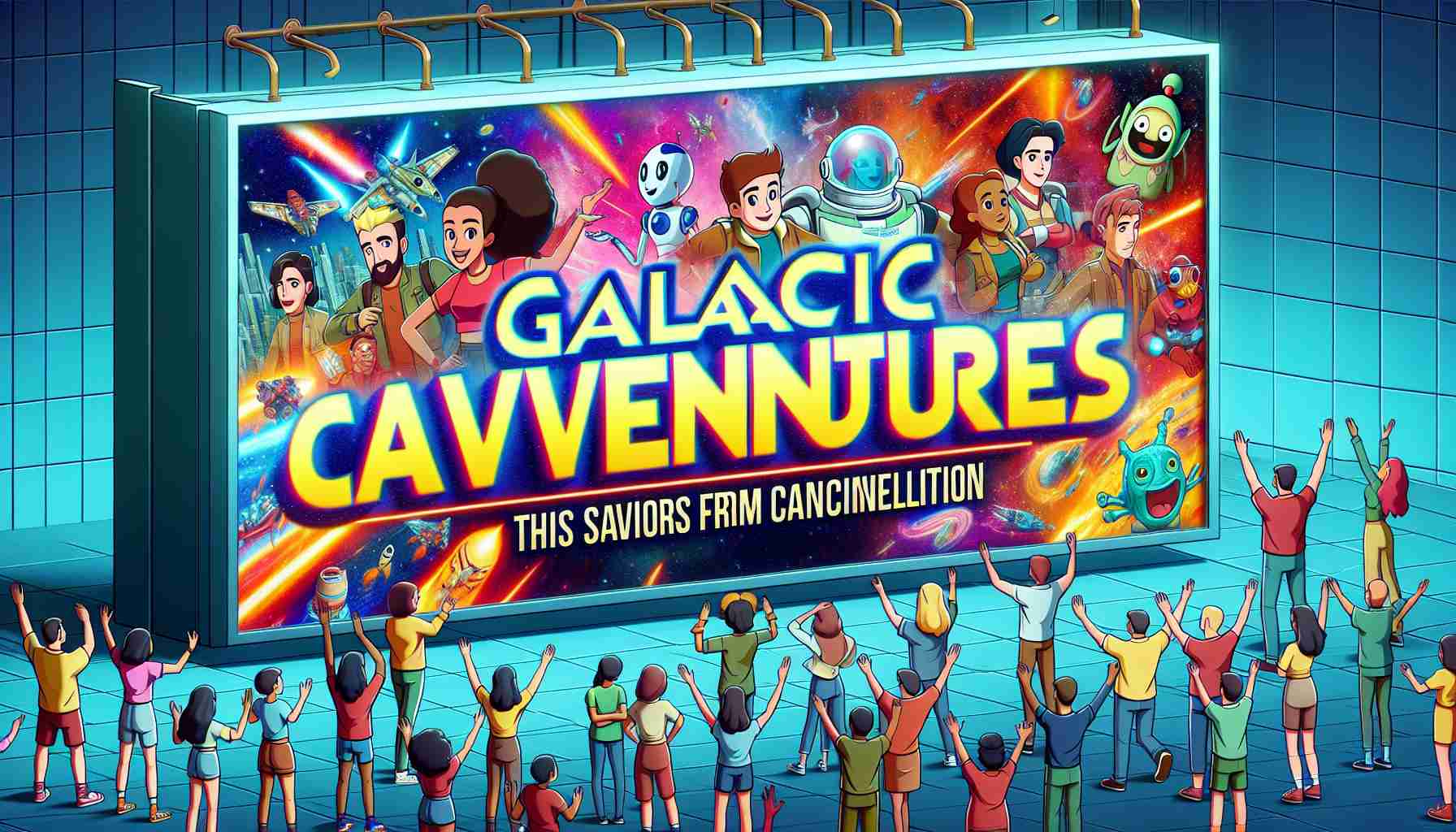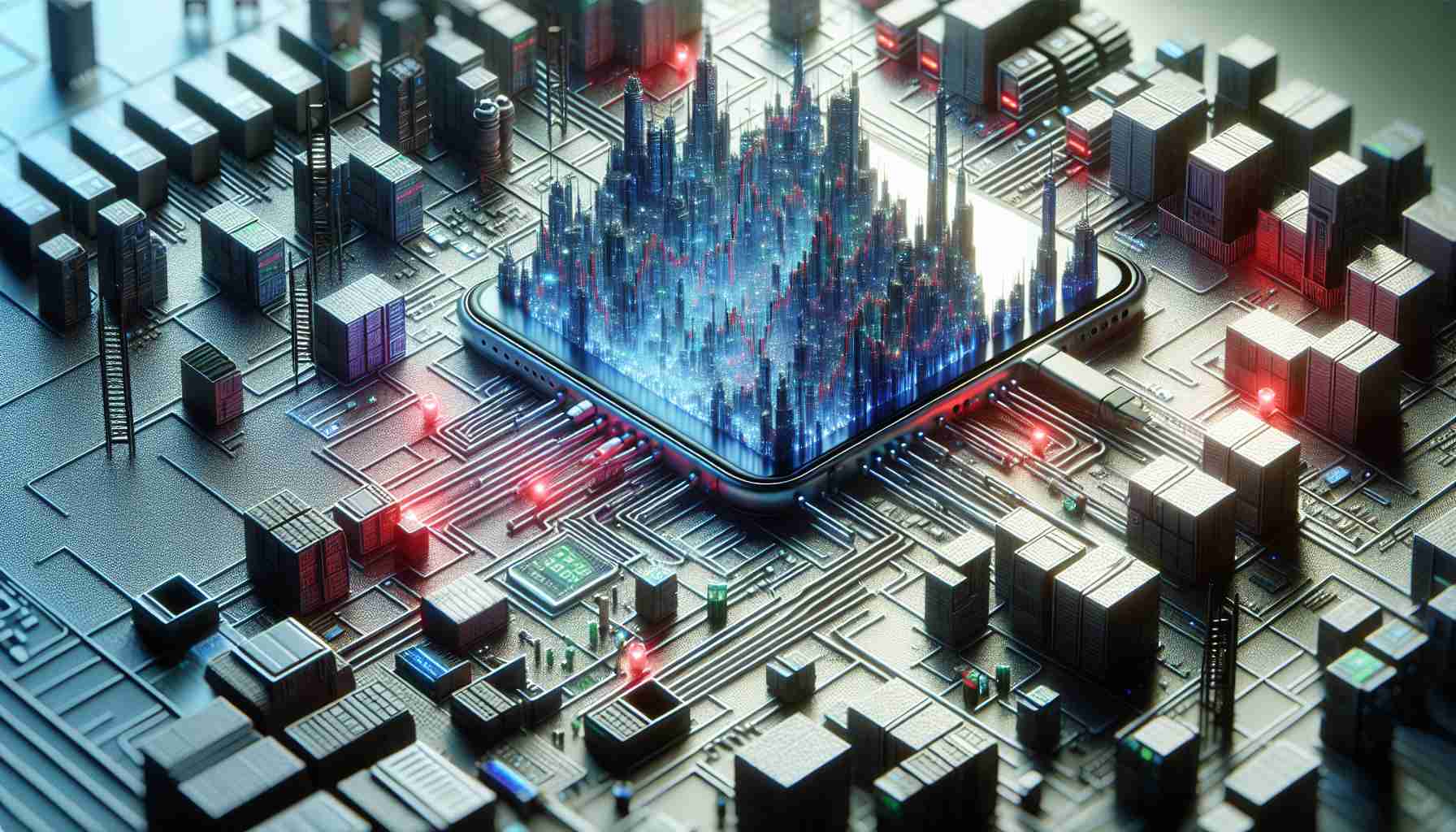On August 15, a group of voice actors staged a demonstration outside Walt Disney Studios in California, voicing their concerns about the rising influence of artificial intelligence (AI) in the entertainment sector. The actors were particularly worried about AI technologies that can replicate their voices without authorization, posing a significant threat to their job security.
The strike, which commenced in July, was orchestrated by members of SAG-AFTRA, the union that encompasses both actors and voice performers. After several months of negotiations with game companies fell through, these performers took to the streets to protest against what they described as the unauthorized use of AI-generated voices based on their own.
One of the prominent figures leading the protest emphasized the absence of consent and compensation regarding the use of their vocal models by AI technologies, highlighting the urgent need for regulations to protect their rights. After significant negotiations, a temporary agreement was reached with some game studios on August 5, aimed at limiting the use of AI.
Legislative momentum is building, as California lawmakers are pushing for laws that would restrict the use of voices and likenesses generated by AI without explicit consent. As these discussions unfold, major corporations like Warner Bros. and Disney express ongoing resistance to what they consider excessive regulatory measures. The growing unease among creative professionals, particularly amid rapidly advancing AI technologies, underscores a critical moment for the industry at large.
Rising Concerns Over AI in the Entertainment Industry
As artificial intelligence (AI) technology continues to evolve, the entertainment industry faces escalating concerns regarding its implications on creativity, employment, and intellectual property. The recent protests by voice actors at Walt Disney Studios have brought to light significant issues that extend beyond voice replication to broader ethical and economic dilemmas within the industry.
Key Questions and Answers
1. What are the specific concerns regarding AI and job security in entertainment?
– Many creative professionals fear that AI’s ability to produce content—such as scripts, music, and visual effects—without human intervention may lead to fewer job opportunities. The concern is that AI might be able to replace various roles traditionally filled by creative individuals, rendering some skills obsolete.
2. How does AI affect intellectual property rights?
– AI technologies have raised questions about copyright and ownership. For instance, if an AI generates a script or a song, it is unclear who holds the rights to that creation: the programmer, the studio, or the AI itself. This ambiguity could lead to extensive legal battles and challenges for content creators.
3. What are the potential advantages of AI in entertainment?
– AI can enhance the creative process by providing tools for story generation, character development, and even assisting with special effects. It can speed up production timelines, reduce costs, and help in achieving high-quality results that might otherwise require extensive human labor.
4. What disadvantages should be considered?
– The primary disadvantages include the fear of job displacement, ethical concerns over creativity, and the potential for reduced quality in artistic expressions. There is also a risk that automation might prioritize efficiency over originality, leading to a homogenization of content.
Key Challenges and Controversies
The introduction of AI has sparked debates on ethical guidelines and the need for regulation in the entertainment industry. Key challenges include:
– Lack of Clear Regulations: As technology evolves quicker than legislation can keep pace, there is an urgent need for lawmakers to create frameworks that protect the rights of creative professionals.
– Consumer Acceptance: While some audiences embrace innovative uses of AI, others express concern over the authenticity and value of AI-generated content. The challenge lies in finding a balance that respects both technological advancements and traditional artistic values.
– Impact on Creative Process: Many artists fear that reliance on AI could stifle human creativity and lead to a lack of genuine human experience in storytelling, music, and performance.
Conclusion
The rise of AI in the entertainment industry presents a complex interplay of benefits and risks. While technological advancements offer new tools for creativity, they also pose significant challenges that require urgent attention from stakeholders. As the industry grapples with these issues, it is essential for creators, lawmakers, and corporations to engage in constructive dialogue to forge a future where AI complements rather than replaces the human touch in entertainment.
For more insights into the impact of technology on entertainment, visit The Verge for ongoing updates on this critical conversation.






















